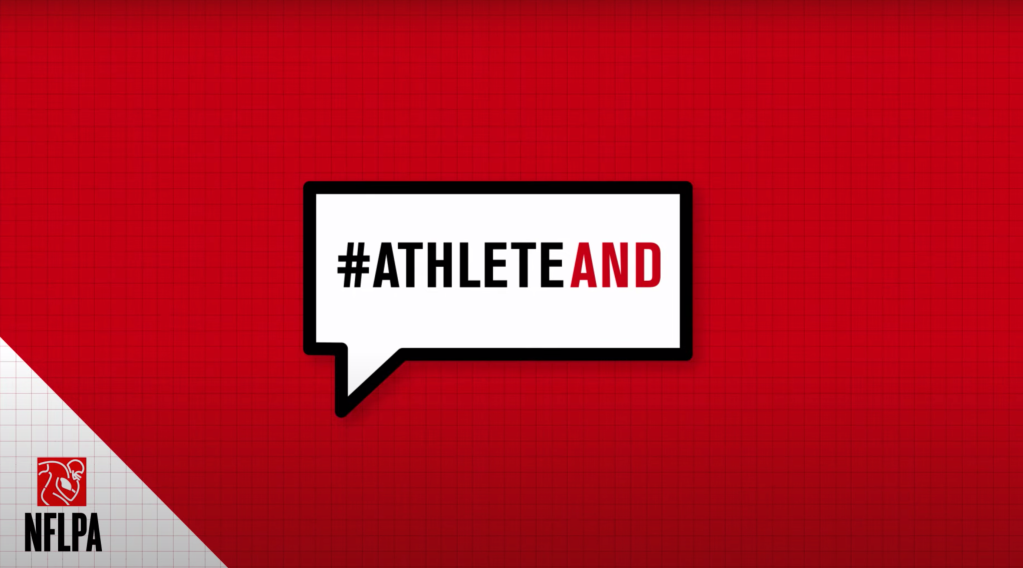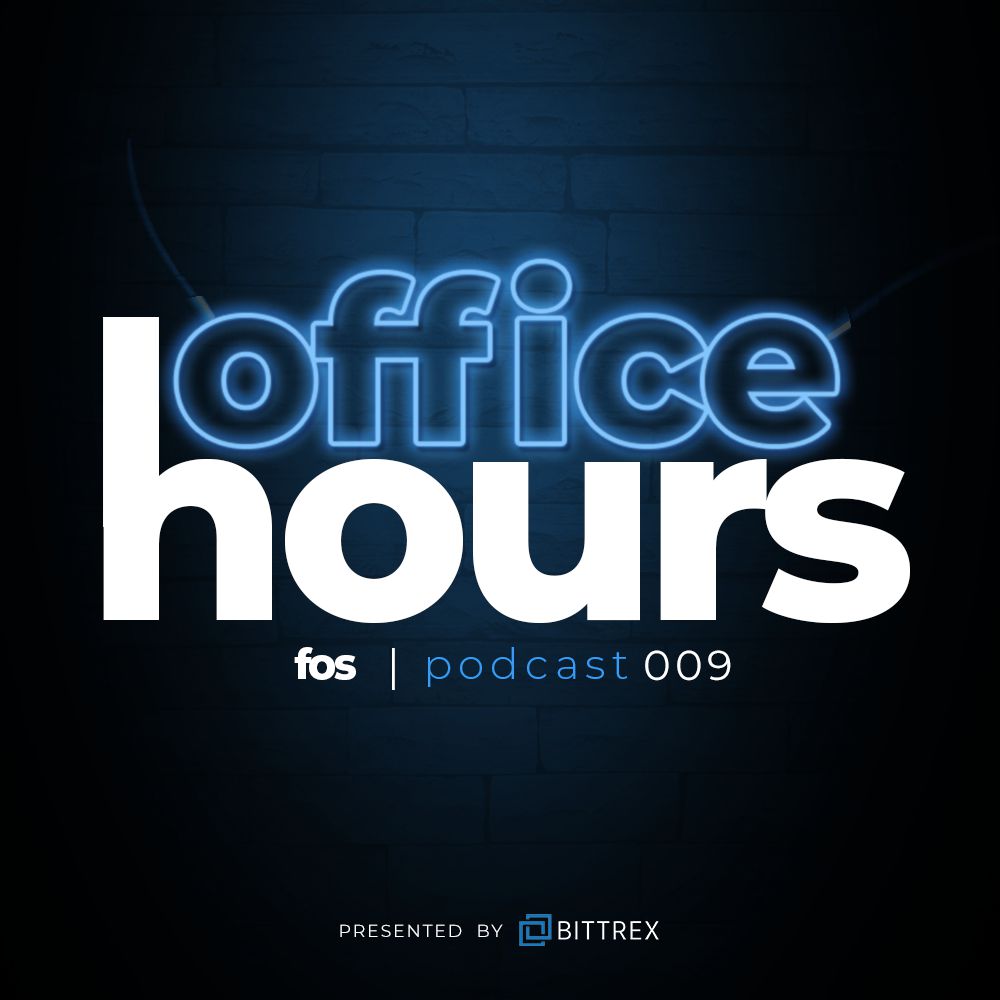
Image via Times Higher Education
The process of interviewing for jobs upon graduation can seem intimidating. One really special chapter of your life is ending and a completely new chapter of your life is beginning. You may not know what the plot line is, who the main characters will be or where the setting will be. It can be scary, it can be stressful and even a little painful at times.
But, take some time to exhale. Take some time to enjoy the current chapter of your book. Take it all in. I am still in the midst of my chapter transition, but there are a few tips that I have leaned on during my journey to adulting that I tell myself to make it a little less intimidating.
1. Don’t overthink it, because what is meant to be, will be (Maybe a cliché, but it’s true!)
Don’t get me wrong, preparing is important. You have a big impact on the search and interview process if it’s the right time. Arin Segal, Associate at Prodigy Sports, who focuses a lot of her time on recruiting gave some insight via Twitter.

Image via Twitter
Whether it’s the job search, the interview or apartment hunting, it WILL work out. I like to be in control of all aspects of my life, so admitting that there are parts of a situation that aren’t in my hands is tough. I have learned to accept those parts and after doing everything I can in the application and interview process, to take a step back and just be hopeful. If you apply for many positions, be prepared to receive many rejections. A lot of companies hire internally, so it is not always because you aren’t the right fit, maybe you’re just the less familiar fit. Sometimes though, you aren’t the right fit… and that’s okay, because an opportunity will come where you are and you will be grateful the other opportunities helped you to get where you’re at.

Via Randy Glasbergen at glasbergen.com
2. It’s okay to say no
Through the job hunting process, an opportunity that you originally thought to be a good fit may become less of a fit once you learn more information about the prospective role or company. If this is the case, listen to those uneasy feelings. If you begin to feel unsure of a position, it is okay to turn down the offer. It’s your right to shop around. An offer is not an obligation. You will thank yourself later that you turned down the offer that did not feel right, because chances are that role would not have made your adult life any easier or happier.
Bob Hamer, President of Sports Business Solutions, explains why it is important to be selective when job hunting saying, “Remember, as you go through this process, you’re interviewing the organization as much as they’re interviewing you. You should ask questions about your prospective boss, the business’ culture and their vision for you and the prospective role.”
“If it doesn’t feel right, the business’ culture does not create an environment where you can flourish, then you should remove any emotion from the opportunity and keep looking. Don’t just take any job to “get in” because being in the wrong spot can actually set you back.”
3. Talk about your passions and share your stories
I was recently told by an interviewer, “You should tell that story in every interview.” It took me by surprise because I did not realize I was telling the story in the first place. The interviewer’s question was, ‘Why PR?,’ as I have interest in working in the public relations field. I felt it was a question that required a personal answer that would help the interviewer understand my motivations.
I described my journey of figuring out what I wanted to do in my career, which started with a surgery that altered my path. The surgery pulled me away from participating in competitive soccer, and I told her how the void the surgery left was filled with a career choice of working in sports. It allowed me to participate in sports in a totally different way that was satisfying in a different way. I started to work in PR and saw business owners as passionate and hungry for their business success as athletes were to win in competition. I loved helping business owners reach those goals and more, and the emotional journey that encompassed that process moved me in such a fulfilling way. The interviewer loved hearing that, and it was just me opening up and giving a glimpse of my passions and journey.
4. Understand your value, and then compare that to what the company thinks your value is
Don’t sell yourself short. Yes, interning is important and gaining experience (sometimes without pay) is all part of the journey. Know what your skills are and what you can do, understand what you can bring to an organization, and make sure you are not being offered a position lower than what you’re worth. If you have ample experience developing skills needed, make sure you are being put in a position to further develop those skills, not to rebuild those same skills. That being said, never be too big for a job. It is a fine balance, but knowing there are aspects of a job that you will be doing the gritty tasks in order to be rewarded with projects that will allow you to develop skills is essential.
Chances are, if you are being rewarded for your hard work, the organization is investing in you. Recently, I sat down over coffee with a colleague and had this discussion. Their experience involved being with a company for three years and requesting to learn another department in a development meeting, and being told “no” flat out, no consideration given. My situation involved an opportunity with a great organization that would have been unpaid. Neither are ideal, and a company needs to be realistic if they want to retain you and also allow you to feasibly live your life comfortably. Don’t invest in a company that does not invest in you.

Photo via Daily Mail
5. You’re not alone
Professionals of all ages can relate to the struggle of job searching, whether they are new to the industry or well-seasoned. Matt Berson, a communication professional with years of experience can relate. Transitioning between jobs can be just as tricky, but a little positivity and a lot of networking go a long way.

Image via Twitter
Hamer thinks it is always important to keep an open mind, “One of the keys to entry-level job searching in sports is to cast a wide net and be open-minded and flexible.” Just as it is important to know when to say no, it is just important to know when to say yes. Talk to fellow professionals about their experiences, because more often than not they have been in your shoes and want to help you. Sliding into a professionals’ LinkedIn messages is not weird, but rather resourceful.
Hamer explains, “Sports differ from organization to organization, but the sports business world and all jobs within it (not matter what sport) are very similar. The demand to work in sports is high and positions are highly competitive, so if you limit yourself to just one team/market/sport, it’ll make your dream of working in sports that much tougher.”
There are so many young professionals who are struggling with these same situations, and it is important to know that there is no perfect answer. So many people who are unsure, or even those who are sure now, but who have experienced hardships along the way. Talking about experiences can do wonders for your process, so have the conversation. You may discover a new perspective or approach, or maybe just a comforting helping hand along the way.
Know that you are not alone in this journey of writing your next chapter, because you may find that there are many people interested in reading your novel’s next adventure.
This piece has been presented to you by SMU’s Master of Science in Sport Management.


















